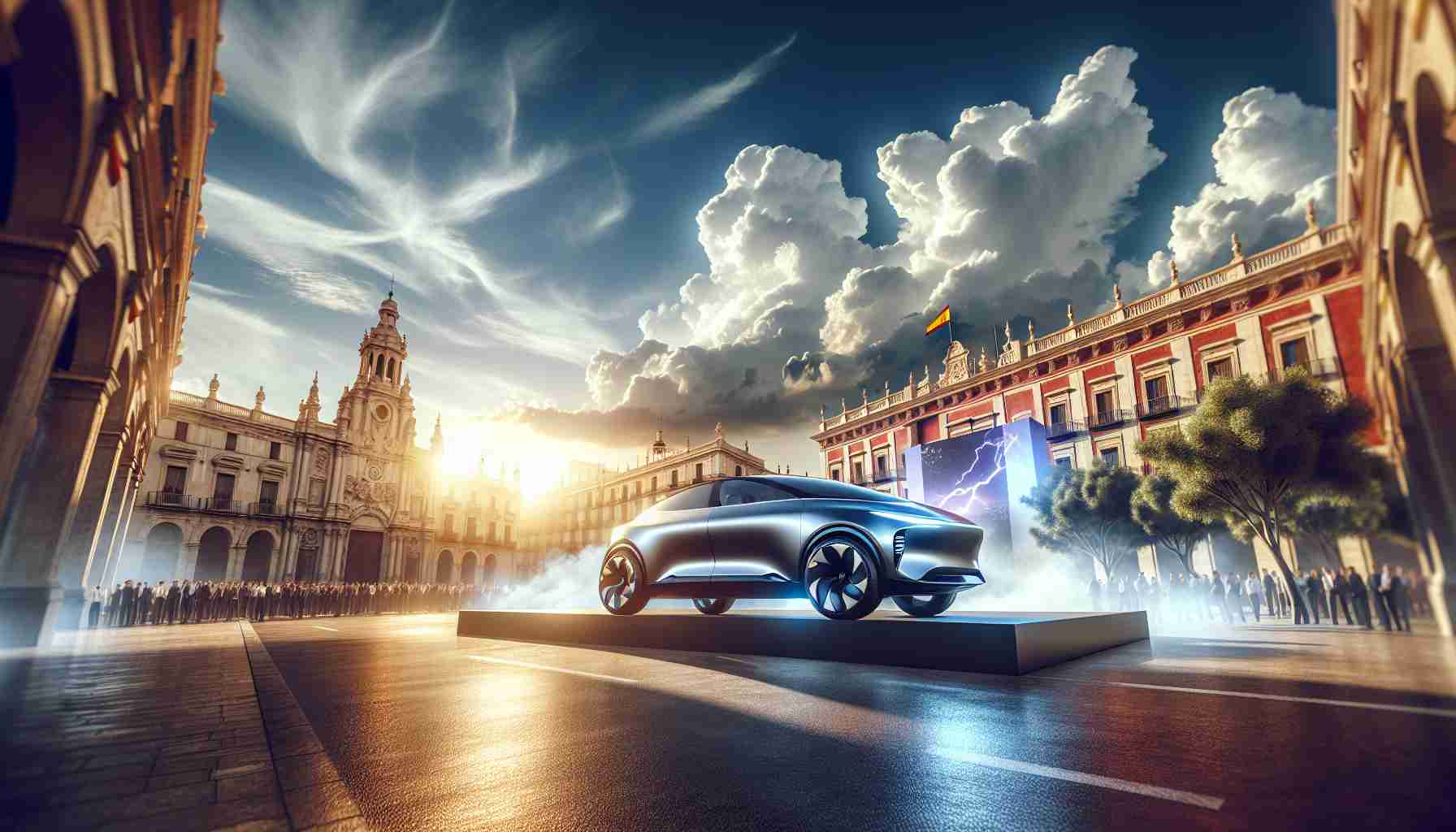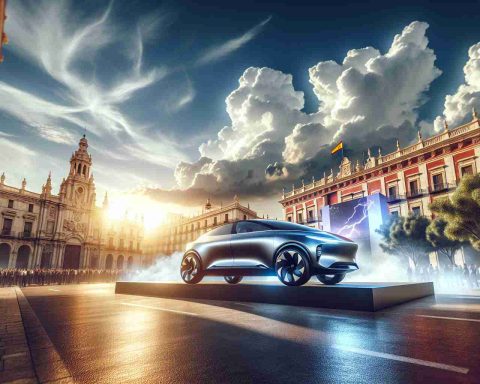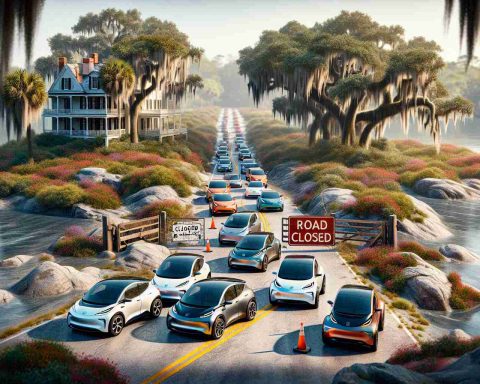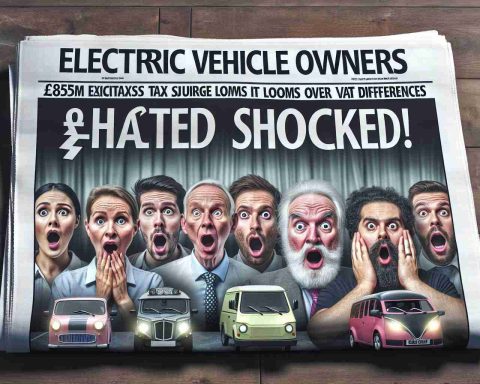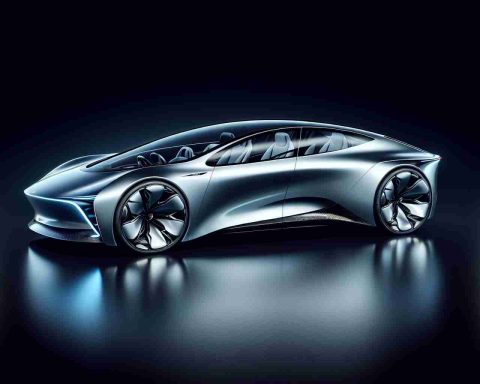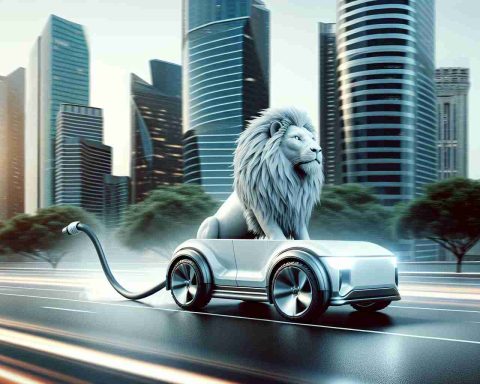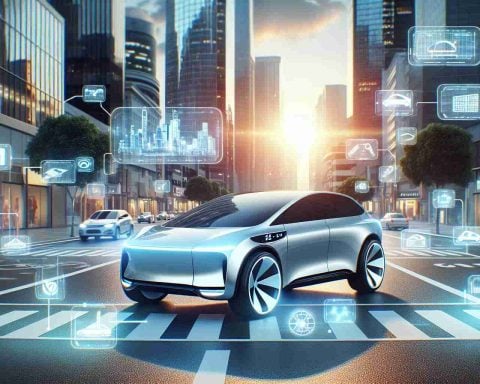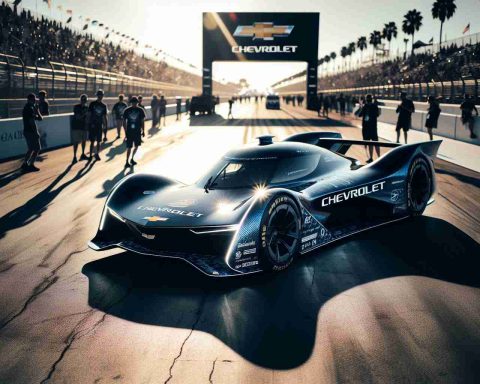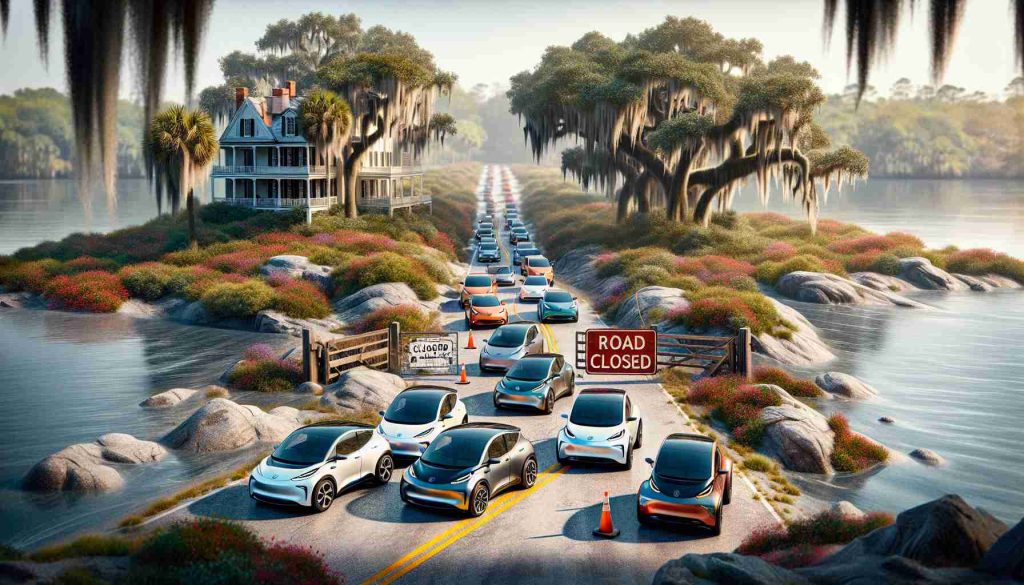- The Kia 2025 Electric Vehicle Day in Tarragona, Spain, highlights the brand’s sustainable mobility innovations.
- The global debut of the Kia EV4 and PV5 marks a significant step in redefining transportation with advanced designs and technology.
- The Kia EV4 showcases cutting-edge technology, while the PV5 introduces the Platform-Beyond-Vehicle (PBV) concept with unmatched flexibility.
- The Concept EV2, featuring Kia’s Opposites United design philosophy, hints at the brand’s future design direction.
- Kia’s revolutionary electric platform facilitates modular design, promising versatility in vehicle architecture.
- The PBV strategy broadens applications beyond personal vehicles, impacting business and transportation industries.
- Kia’s expansive electrification strategy emphasizes its commitment to global sustainable mobility.
- The complete event will be broadcast on the Kia Worldwide YouTube channel in March, offering viewers a glimpse of Kia’s innovative vision.
In the heart of Tarragona, Spain, the Tarraco Arena buzzes with anticipation for Kia’s 2025 Electric Vehicle Day. As a beacon of innovation in sustainable mobility, Kia’s showcase promises not just new models but a glimpse into the future of transportation.
The spotlight gleams on the much-anticipated global debut of the Kia EV4 and the PV5. These models are not just cars; they are emblems of Kia’s ambition to redefine motoring. The EV4, with its sleek design and cutting-edge technology, embodies Kia’s evolution in electric vehicles, while the PV5 steps boldly into the spotlight as Kia’s first dedicated Platform-Beyond-Vehicle (PBV), designed to offer unprecedented flexibility and utility.
Kia’s vision reaches its crescendo with the introduction of the Concept EV2. Teaser images have tantalized automotive enthusiasts worldwide, offering a first look at this compact EV’s captivating design. Each curve and contour speaks to Kia’s Opposites United design philosophy—a fusion where bold aesthetics meet practical innovation.
Beneath the surface, Kia’s dedicated electric platform represents a revolution in vehicle architecture. This skateboard-style technology allows for almost limitless body combinations, heralding a new era of modular design in automobiles. The PBV strategy expands beyond personal vehicles, promising a transformation in business and transportation sectors.
Kia’s senior leaders will unveil an expansive electrification strategy during the event. This strategy is a clear call to action, showcasing Kia’s commitment to sustainable mobility on a global scale.
Kia’s online audience will not be left in suspense for long. The full event, a narrative of innovation and vision, will captivate viewers on the Kia Worldwide YouTube channel in March. Prepare to witness the dawn of a new era in motoring.
Kia’s Electrifying Revolution: What to Expect and How to Prepare
How-To Steps & Life Hacks for EV Owners
Transitioning to an electric vehicle, such as Kia’s latest models, involves a few critical steps:
1. Evaluate Your Driving Needs: Determine your daily mileage and identify your charging needs.
2. Home Charging Setup: Consider installing a Level 2 home charger for faster charging and convenience.
3. Public Charging Networks: Familiarize yourself with local charging stations using apps like PlugShare or ChargePoint.
4. Optimize Battery Life: Regularly update your vehicle’s software and maintain charging between 20-80% to prolong battery health.
Real-World Use Cases
Kia’s EV4 and PV5 cater to diverse consumer needs:
– EV4: Ideal for urban commuters seeking a stylish and tech-savvy car.
– PV5: Suited for businesses needing adaptable spaces, from mobile offices to delivery units.
Market Forecasts & Industry Trends
The global electric vehicle market is booming, with forecasts suggesting a CAGR of over 29% until 2030 (Allied Market Research). As regulations tighten and consumer preferences shift toward sustainability, automakers like Kia are expanding their EV portfolios. Expect increased competition, technological advancements, and more affordable EV options in coming years.
Reviews & Comparisons
Preliminary reviews praise Kia’s EV4 for its sleek design and advanced features, placing it in direct competition with models like the Tesla Model 3 and the Volkswagen ID.4. The PV5’s flexible PBV design offers a unique proposition in the market, contrasting with more traditional vehicles.
Controversies & Limitations
Despite the excitement, potential challenges include:
– Infrastructure: Insufficient charging infrastructure can hinder adoption.
– Range Anxiety: Consumers may worry about range limitations despite technological improvements.
– Price: High initial costs can deter potential buyers, although total cost of ownership is often lower.
Features, Specs & Pricing
While official specs for the EV4 and PV5 are awaited, expect features like over-the-air updates, advanced driver-assistance systems, and long-range capabilities. Pricing will likely be competitive, possibly starting from the mid-$30,000 range for the EV4.
Security & Sustainability
Kia’s EVs promise enhanced cybersecurity measures, such as firmware updates and encrypted communications. Sustainability remains a priority, with commitments to reducing carbon footprints through innovative production methods and recycling initiatives.
Insights & Predictions
Experts predict a significant shift towards EVs by 2030. Kia’s commitment to expanding their EV lineup is a testament to this trend. Expect innovations in battery technology, driving range, and autonomous driving features.
Pros & Cons Overview
– Pros: Eco-friendly, cost-effective over time, lower maintenance, innovative features.
– Cons: Limited charging infrastructure, initial purchase price, range anxiety.
Actionable Recommendations
– Consider investing in an EV if it aligns with your driving needs and lifestyle.
– Stay informed on government incentives and tax credits which can reduce purchase costs.
– Engage with the EV community online for tips and support.
For further insights into Kia’s exciting developments, visit Kia.
In conclusion, Kia’s upcoming EVs herald a new chapter in sustainable transportation. By understanding the features, potential challenges, and industry dynamics, you can make informed decisions about entering the electric vehicle landscape.
